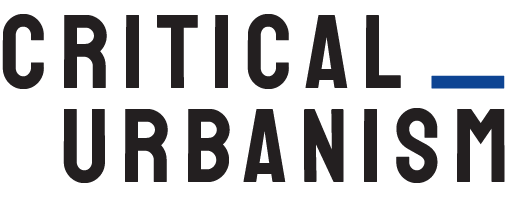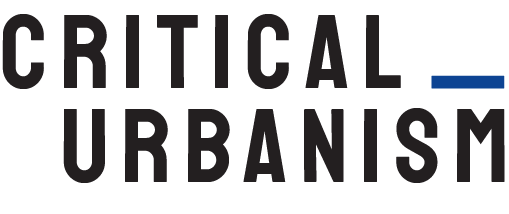
CALL: Spatialities of Digital Twinning
Critical Urbanism summer workshop
European Humanities University in Vilnius (Lithuania), June 29 – July 8, 2022
This Summer Workshop scrutinizes the current trend of creating digital twins for infrastructures and institutions with the purpose of increasing both their predictive capacities and their efficiency. Modeling copies of infrastructures and institutions (and potentially, collective behavior, interpersonal relationships, events, and conflicts) inspires new practices and new notions of spatiality. The Workshop develops analytical and interventionist approaches to examine the statuses and possible consequences of such modeled copies in relation to the prevalent modes of thinking, organizing and inhabiting space. To do this, we propose considering digital twinning within the wider cultural history of attempts to achieve greater comprehension and greater efficiency via duplication.
The need for digital twinning is often justified as a measure to synchronize the amount of resources an entity uses with its real reasonable needs and productivity. In this light, from a scaled-up long-term perspective, digital twinning promises to be an instrument of holistic control of resources in society. Moreover, it pledges to become one of the central instruments of taming: we optimize, control, and tame an entity (institution, infrastructure, individual) by duplicating it and boosting its transparency. However, should all resources be transparent? Which ones should remain opaque? How can we draw the boundary between the transparent and opaque properties of an entity (enterprise, infrastructure, individual, plant, water, etc.)? What about ownership of digital twins and the accountability of the digital twinning process? How do we safeguard individuals, collectives and built environments from the efficiency-centered assessment of them by means of modeling their copies? By addressing these questions, the Workshop identifies the new fragilities potentially stemming from digital twinning as a response to old fragilities.
At the same time, we will avoid excessive emphasis on the hyperagency of digital twinning practices, supposedly leading to linear, planned strengthening of control and efficiency measures. To the contrary, we will deliberately search for unintended opportunities such current duplications might provide beyond the lenses of calculation, exposure, and domination. Which new autonomies, accords, and voices are becoming tangled in the evolving spatiality of digitally driven modeling? What are the distinctions between actors and resources in this spatiality? And what are the opportunities to overcome resource-centered thinking about space? The Workshop’s expected result is a speculative model of a civically deliberated, albeit not only human-centered or more-than-human-centered, digital twin of an entity. Thus, its design dimension develops possible and desirable modes of relations between human and non-human agencies through digital twinning. The very phenomenon of digital data-driven modeling gives rise to the spread of non-human rationality, prediction and efficiency assessment. This also means distinct, not yet negotiated, human and non-human ways of treating resources and entities. We ground these Workshop’s orientations in dilemmas of the urban development, planning and design of Vilnius today.
People:
Siarhei Liubimau is Associate Professor and lead of the Laboratory of Critical Urbanism at the European Humanities University in Vilnius. His most recent research within the LCU focused on the mode of urbanization stemming from Soviet nuclear industry development (focusing on the town of Visaginas in Lithuania, a satellite of Ignalina Nuclear Power Plant), as well as on post-nuclear urban futures.
Giliam Ganzevles is a Brussels-based designer, currently working as a researcher at Futures through Design at KASK Conservatory HOGENT Howest in Belgium. In his research he is examining the potential and implications of a more-than-human centered design approach in a post-anthropocentric world. As a freelancer he is interested in the crossroads between art and technology, urbanism, storytelling and user-experience design.
Open for students of all levels, early career stage academic researchers and practitioners. Students are granted 3 ECTS upon Workshop completion.
APPLICATION INFO
Participation fee: 250 euros (Workshop itself, farewell dinner)
Applications (CV/Portfolio + up to 300 words motivation) are to be sent to urbanism@ehu.lt by May 2 2022



